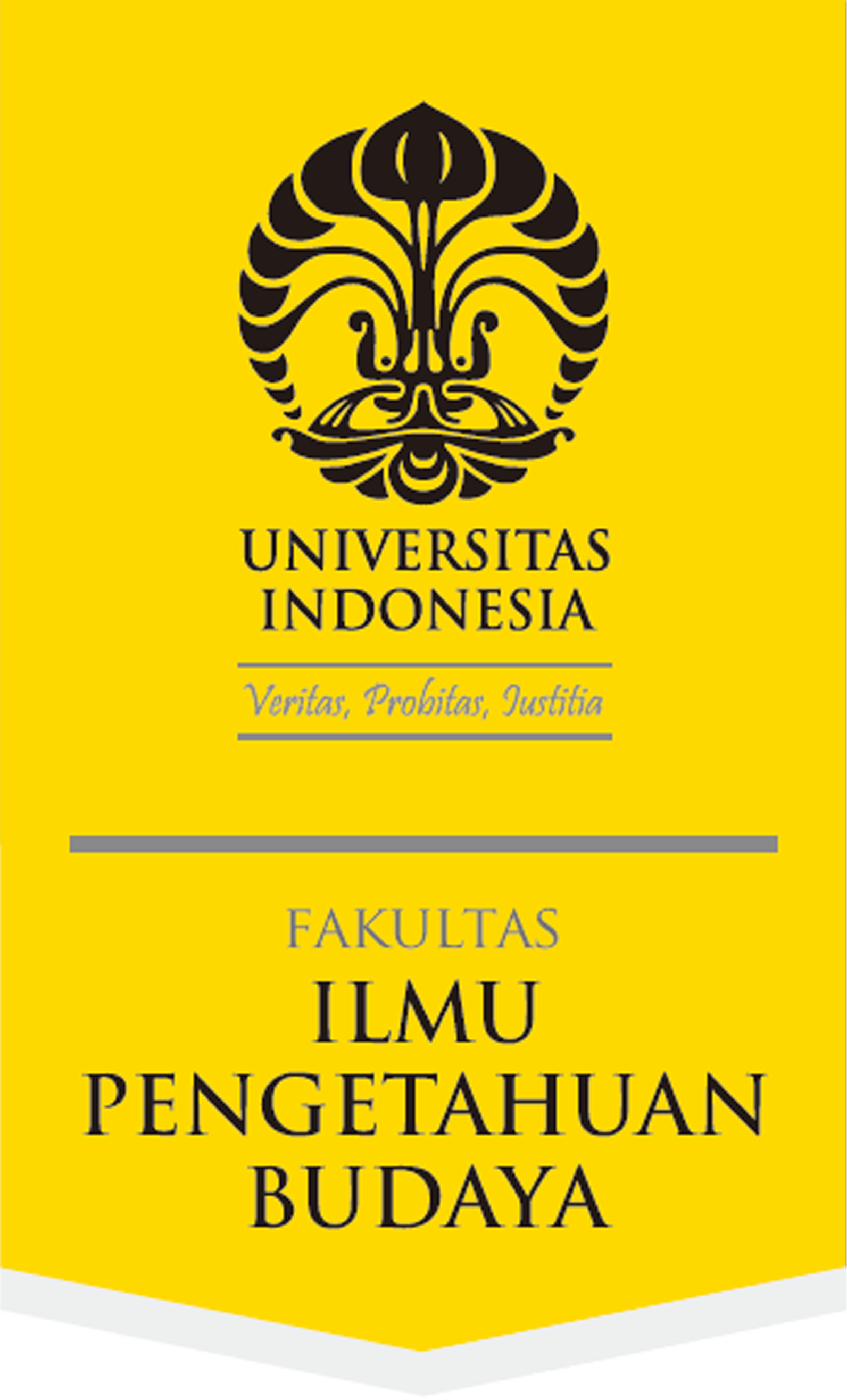Abstract
This study analyses representations of female victims in post-Suharto media. In so doing, it underlines the import of the fall of the New Order regime and the concurrent opening up of the media world in Indonesia. The study is based on notably influential issues that emerged among media producers, feminist activists, social scientists, policy makers, and general audiences during the period of study (1998-2004). Based on observations made in women's NGOs and other institutions concerned with women, interviews and informal conversations with individuals engaged in projects related to female mediation, and content analysis of a large number of mainstream and alternative media presentations, this study finds that the context of the reform (reformasi) in Indonesia constituted a major factor in influencing the changes that affected women and the media, and more importantly, on the burgeoning of the discourse of female victimization. This study also addresses the concepts of ideology, interpellation, identity, and agency to show how the media culture during the reform period, or rather the cultural producers during that time, constructed female victims' identities by sorting out and selecting the representations that represented the context and the history of the regime's change
References
Ajidarma, Seno Gumira. 2001. Jakarta 2039; 40 tahun 9 bulan setelah 13–14 Mei 1998. Yogyakarta: Galang Press.
Althusser, Louis. 1971. “Ideology and ideological state apparatuses (Notes towards an investigation)”, in: Louis Althausser, Lenin and Philosophy and other essays, pp. 127–185. Translated by Ben Brewster. London: New Left Books. [Http:www.marx2mao.com/Other/LPOE70ii.html, accessed 30 August 2010.]
Atton, Chris. 2002. Alternative media. London: Sage Publications.
Blackburn, Susan. 2004. Women and the State in modern Indonesia. Cambridge: Cambridge University Press.
Butler, Judith. 1990. Gender trouble; Feminism and the subversion of identity. New York/London: Routledge.
Cockburn, Cynthia. 2004. “The continuum of violence; A gender perspective on war and peace”, in: Wenona Giles and Jennifer Hyndman (eds), Sites of violence; Gender and conflict zones, pp. 24–44. Los Angeles/London: University of California Press.
Colombijn, Freek. 2002. “Maling, maling! The lynching of petty criminals”, in: Freek Colombijn and J. Thomas Linblad (eds), Roots of violence in Indonesia; Contemporary violence in historical perspective, pp. 299–329. Leiden: KITLV Press.
Fairclough, Norman. 1995. Media discourse. London: Edward Arnold.
Kalyanamitra. 2001. Menguak kekerasan dalam rumah tangga. VCD. Jakarta: Kalyanamitra.
Rotker, Susana. 2002. “Cities written by violence; An introduction”, in: Susana Rotker (ed.), Citizens of fear; Urban violence in Latin America, pp. 7–22. New Brunswick, NJ/London: Rutgers University Press.
Sai, Siew Min. 2006. ‘’’Eventing’ the May 1998 affair; Problematic representations of violence in contemporary Indonesia”, in: Charles E. Coppel (ed.), Violent conflicts in Indonesia; Analysis, representation, resolution, pp. 39–57. London/New York: Routledge.
Siegel, James T. 1998. “Early thoughts on the violence of May 13 and 14, 1998, in Jakarta”, Indonesia 66: 75–108.
Spyer, Patricia. 2002. “Fire without smoke and other phantoms of Ambon’s violence; Media effects, agency, and the work of imagination”, Indonesia 74 (October): 21–36.
Strassler, Karen. 2004. “Gendered visibilities and the dream of transparency; The Chinese Indonesian rape debate in Post-Suharto Indonesia”, Gender and History 16 No. 3 (November): 689–725.
Vatikiotis, Michael R.J. 2001. “Freedom and truth; Cultivating the free press in emerging democracies”, in: Uwe Johannen and James Gomez (eds), Democratic transitions in Asia, pp. 143–149. Singapore: Select Publishing.
Yayasan Jurnal Perempuan. 2002. Perempuan di wilayah konflik. VCD. Jakarta: Yayasan Jurnal Perempuan.
Yayasan Tifa and Offstream. 2003. Badë tan reûda. VCD. Jakarta: Yayasan Tifa and Offstream.
Zarkov, Dubravka. 1999. From ‘Media War’ to ‘Ethnic War’; The female body and the production of ethnicity in former Yugoslavia (1986–1994). PhD thesis, Radboud University Nijmegen.
Recommended Citation
Sushartami, Wiwik
(2012)
"Representation and beyond; Female victims in Post-Suharto media,"
Wacana, Journal of the Humanities of Indonesia: Vol. 14:
No.
2, Article 11.
DOI: 10.17510/wacana.v14i2.70
Available at:
https://scholarhub.ui.ac.id/wacana/vol14/iss2/11









